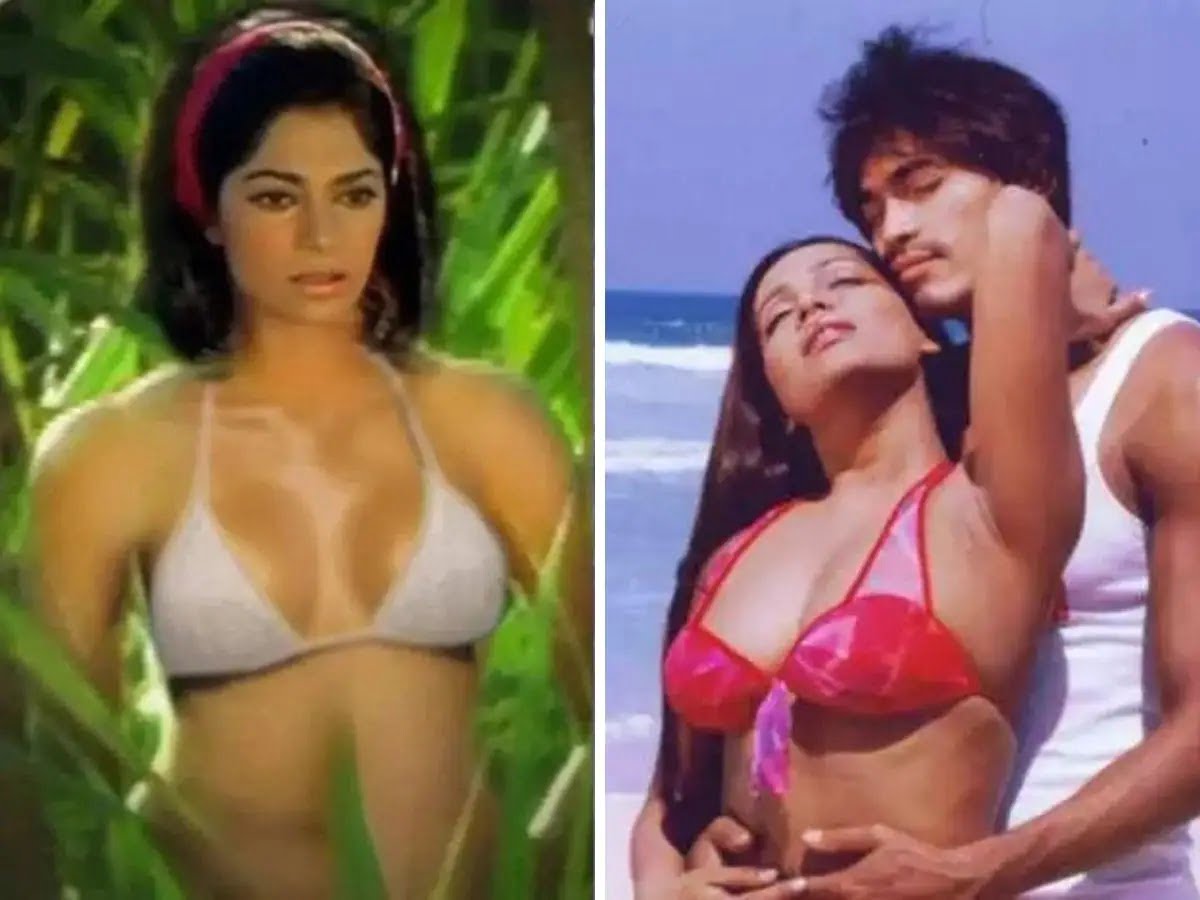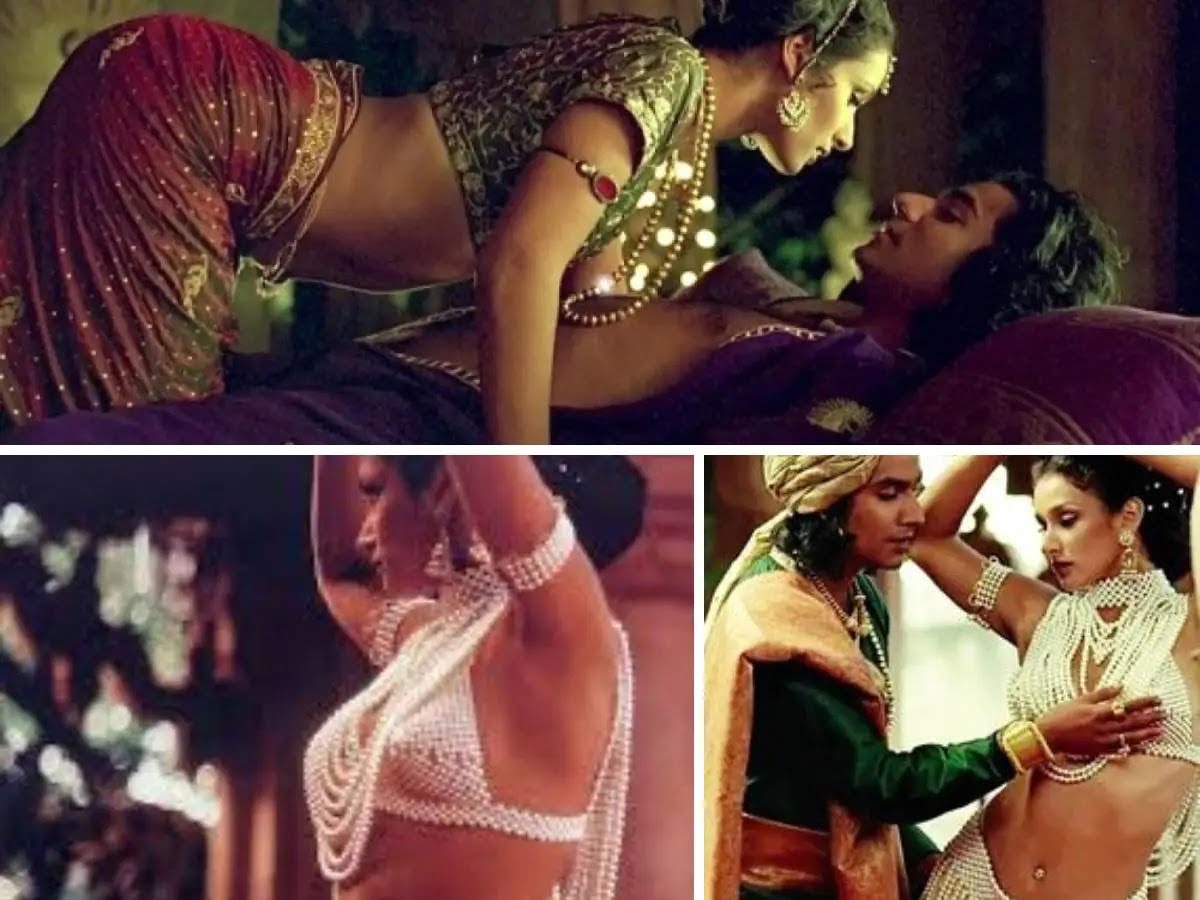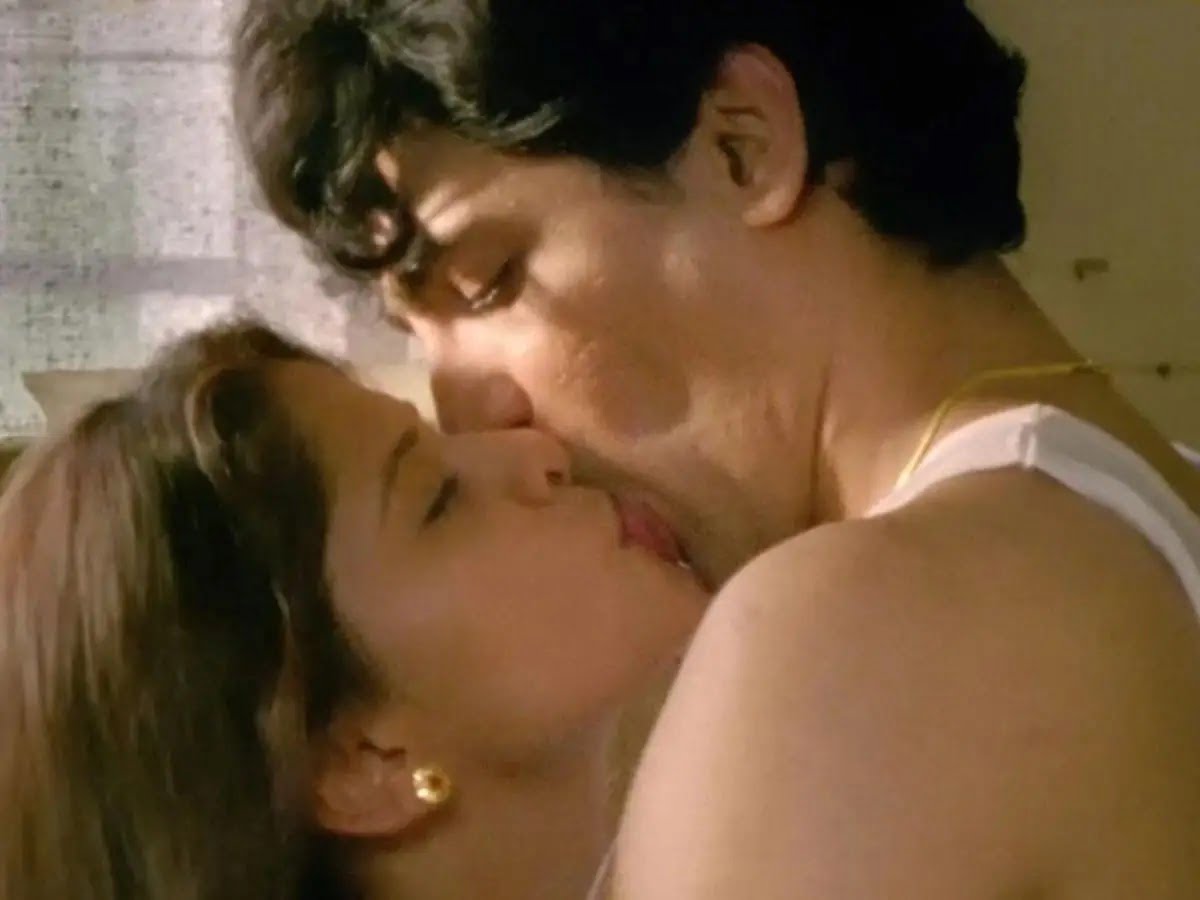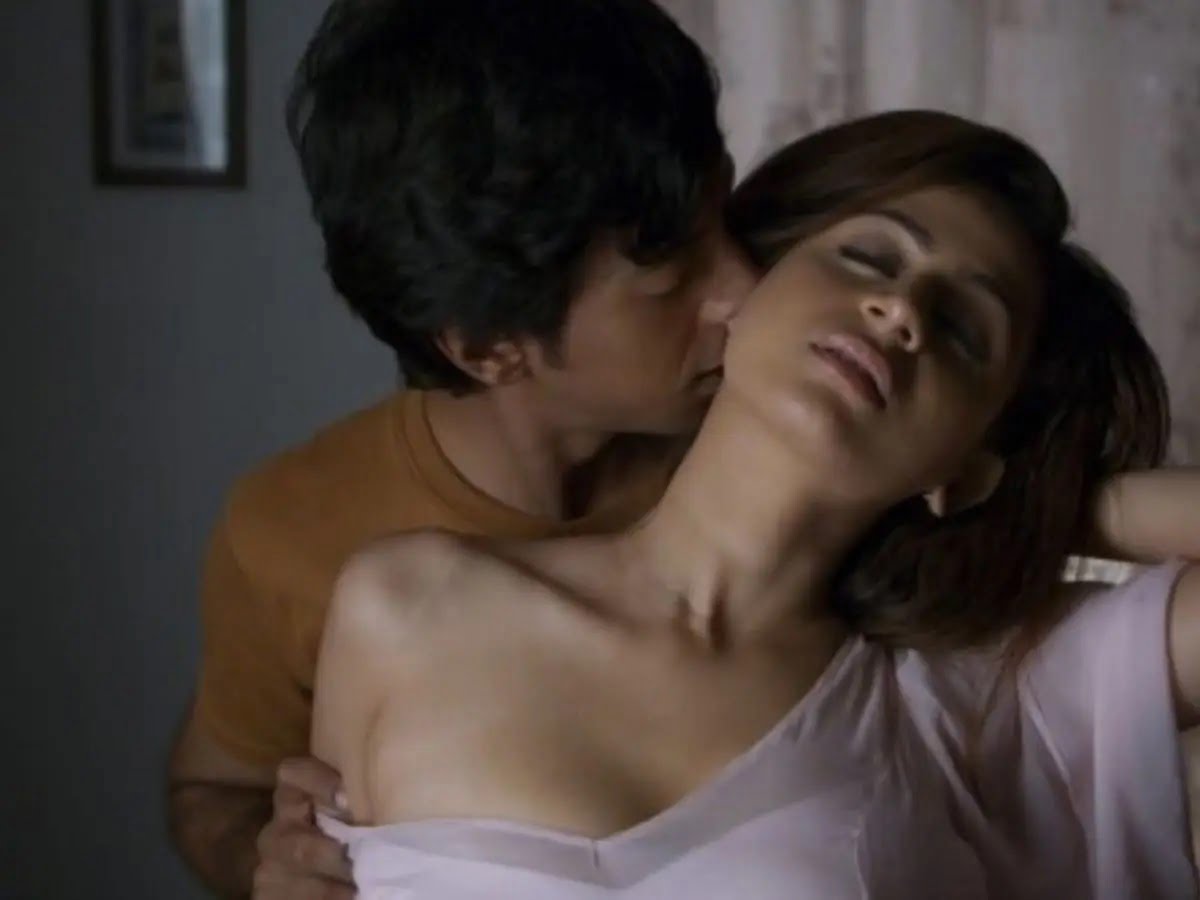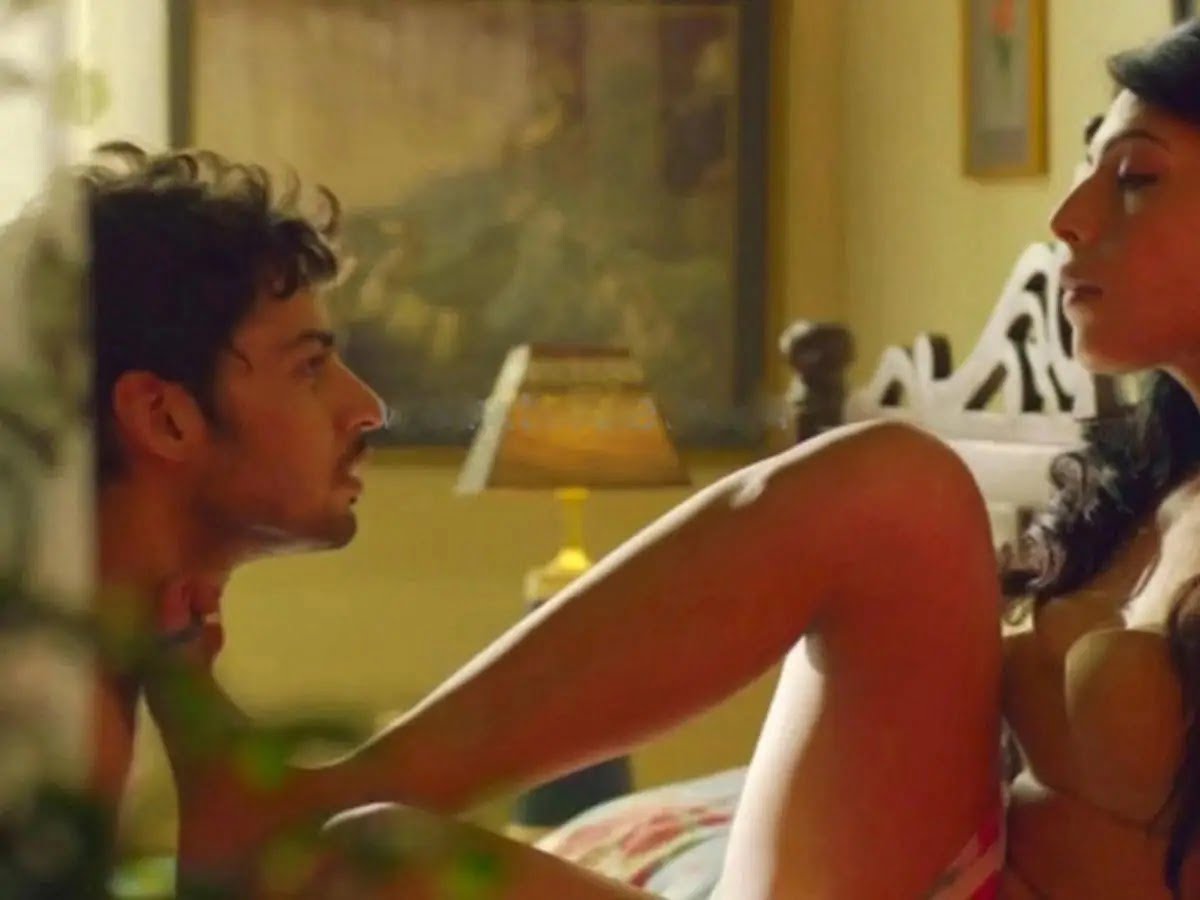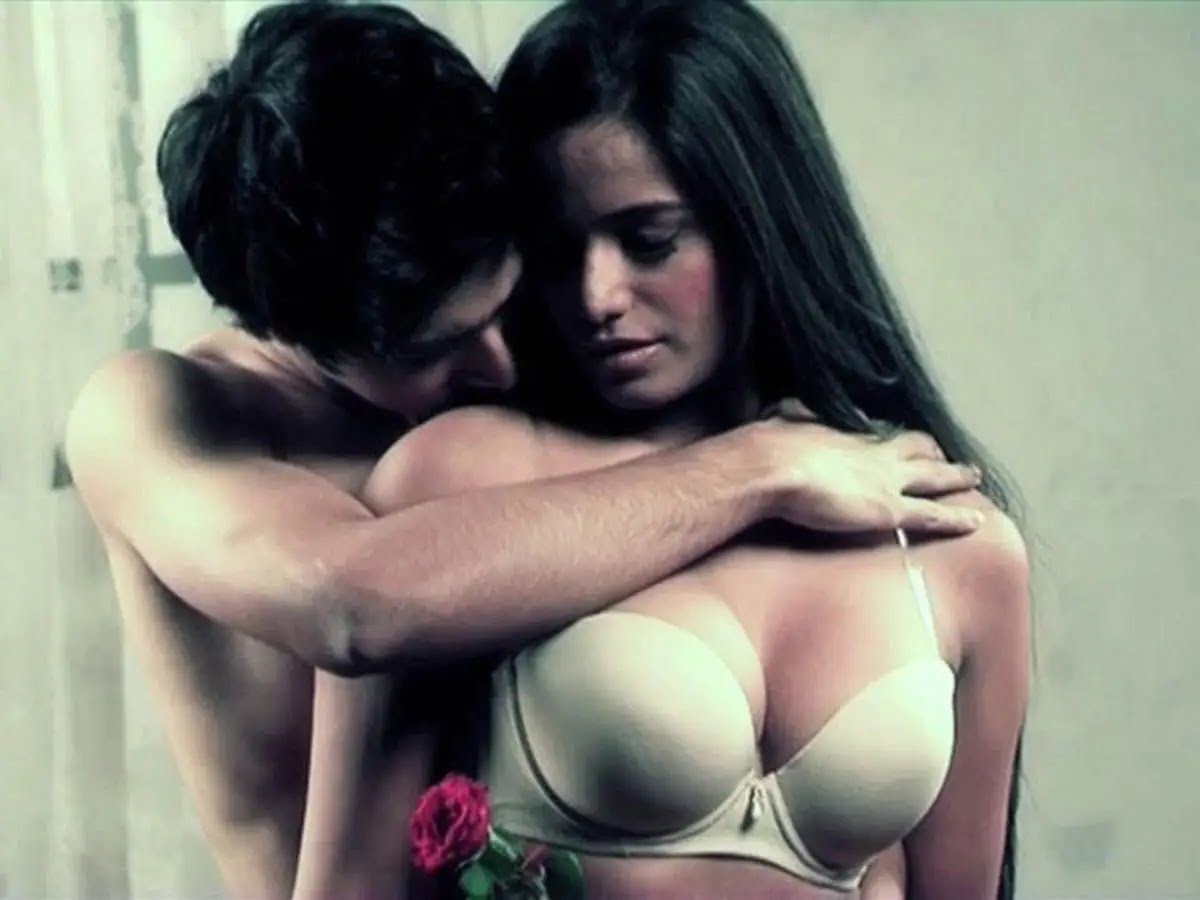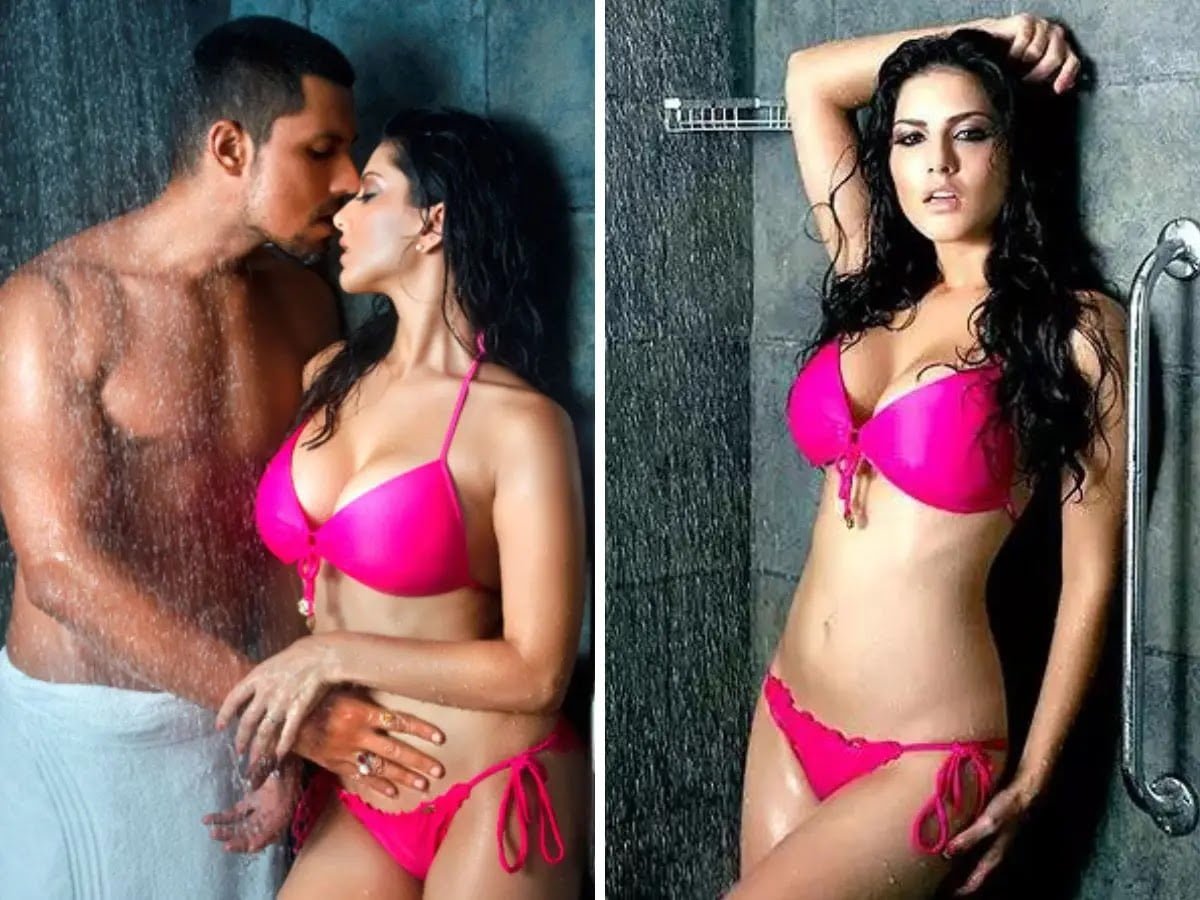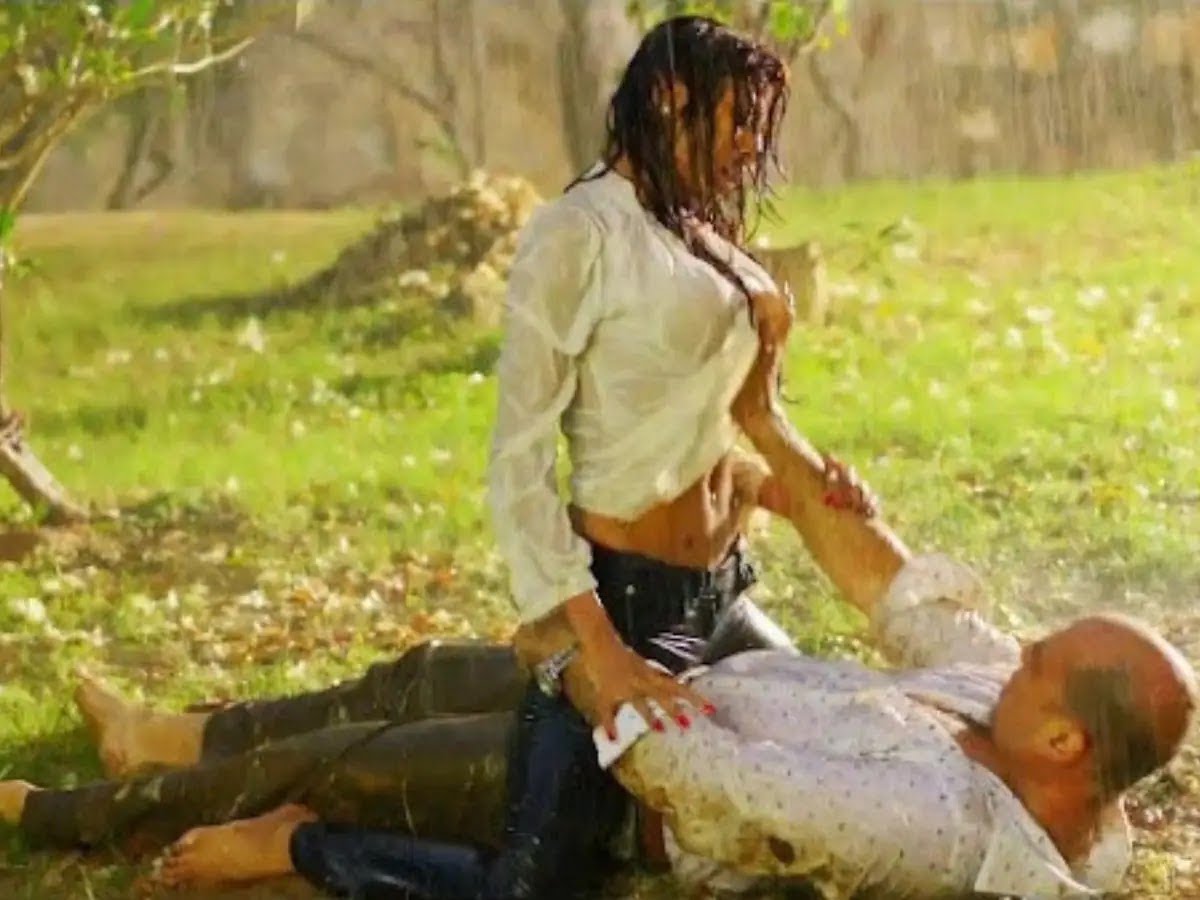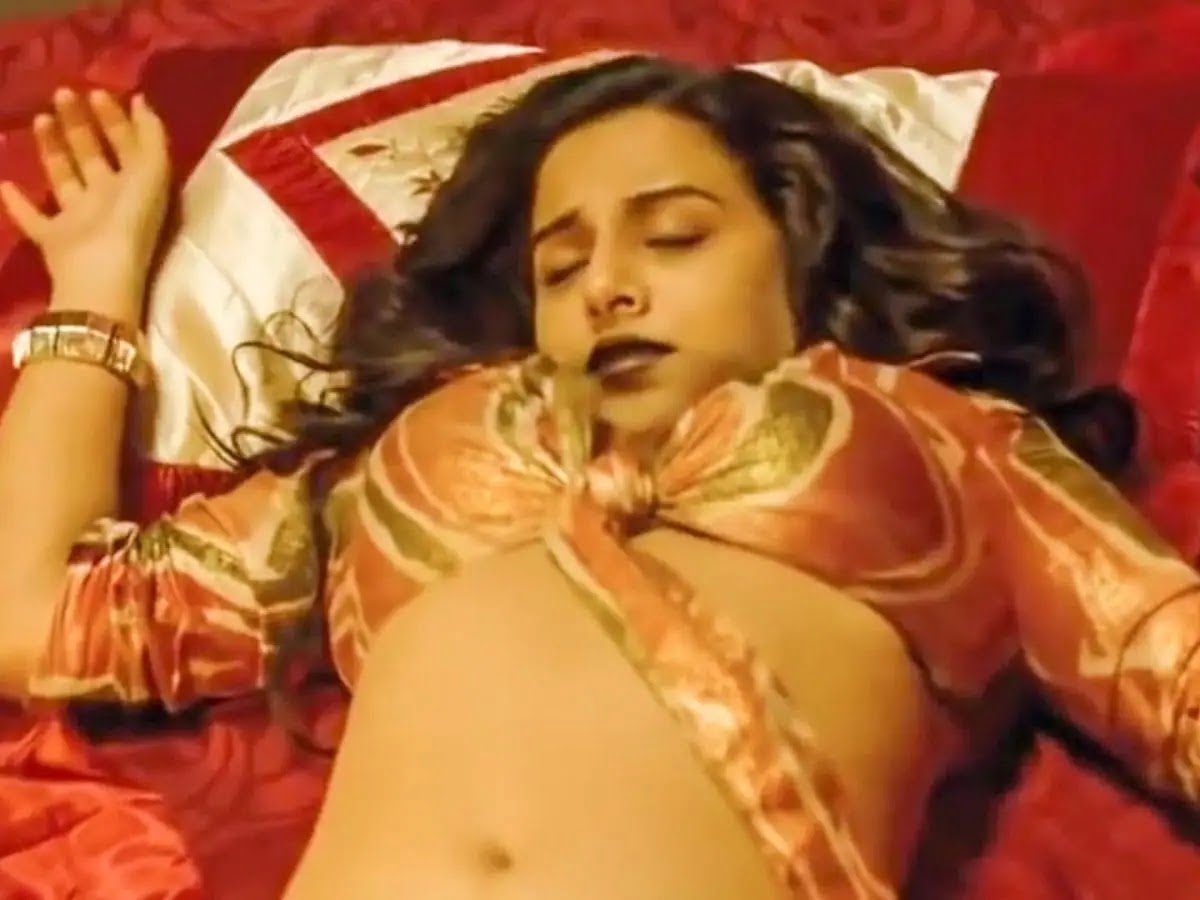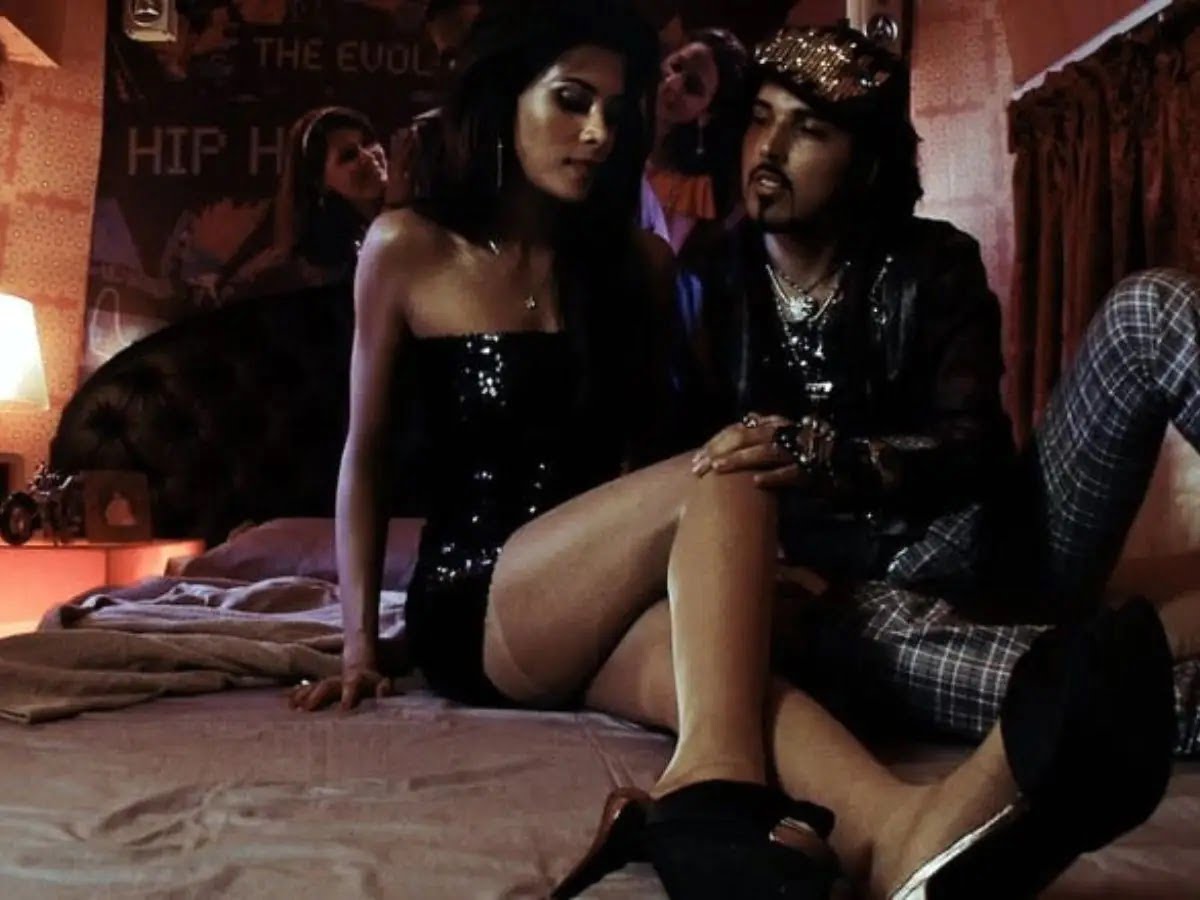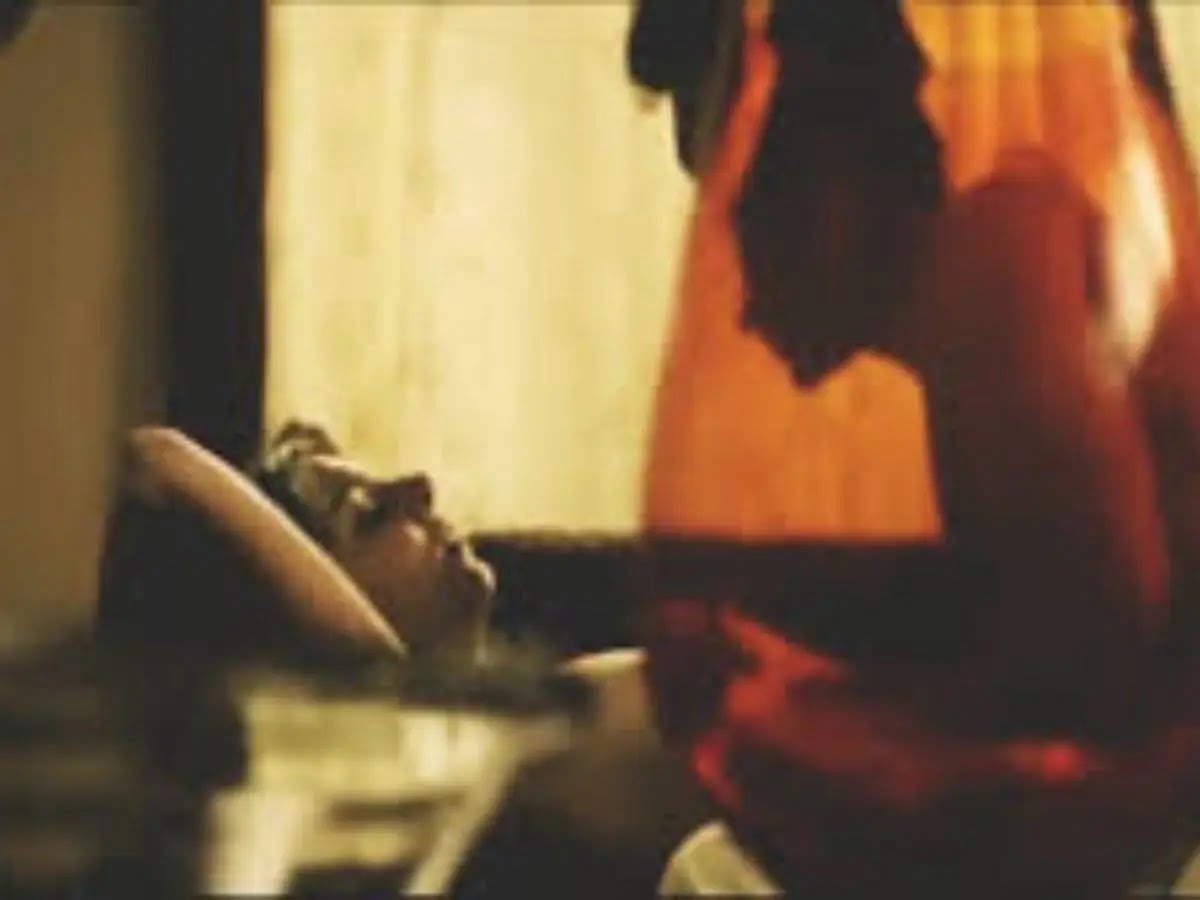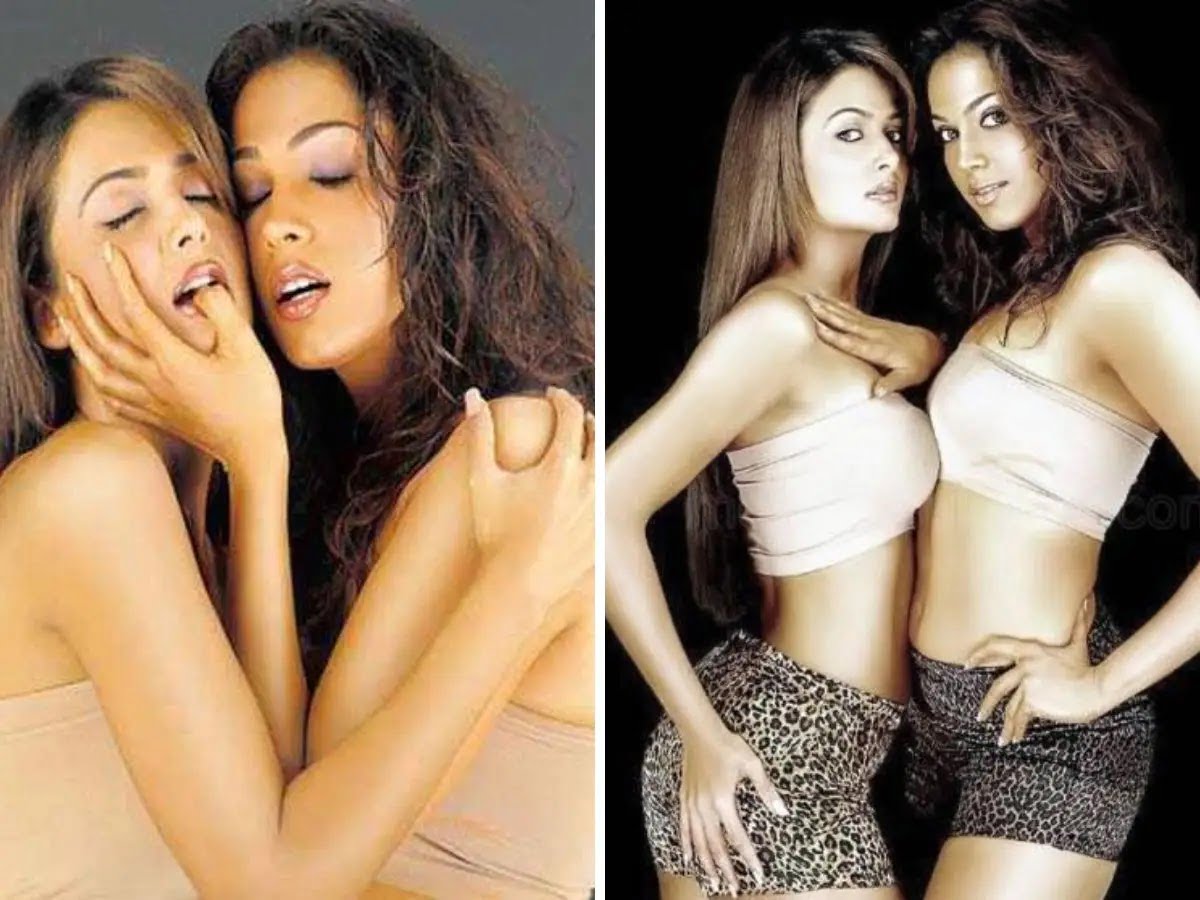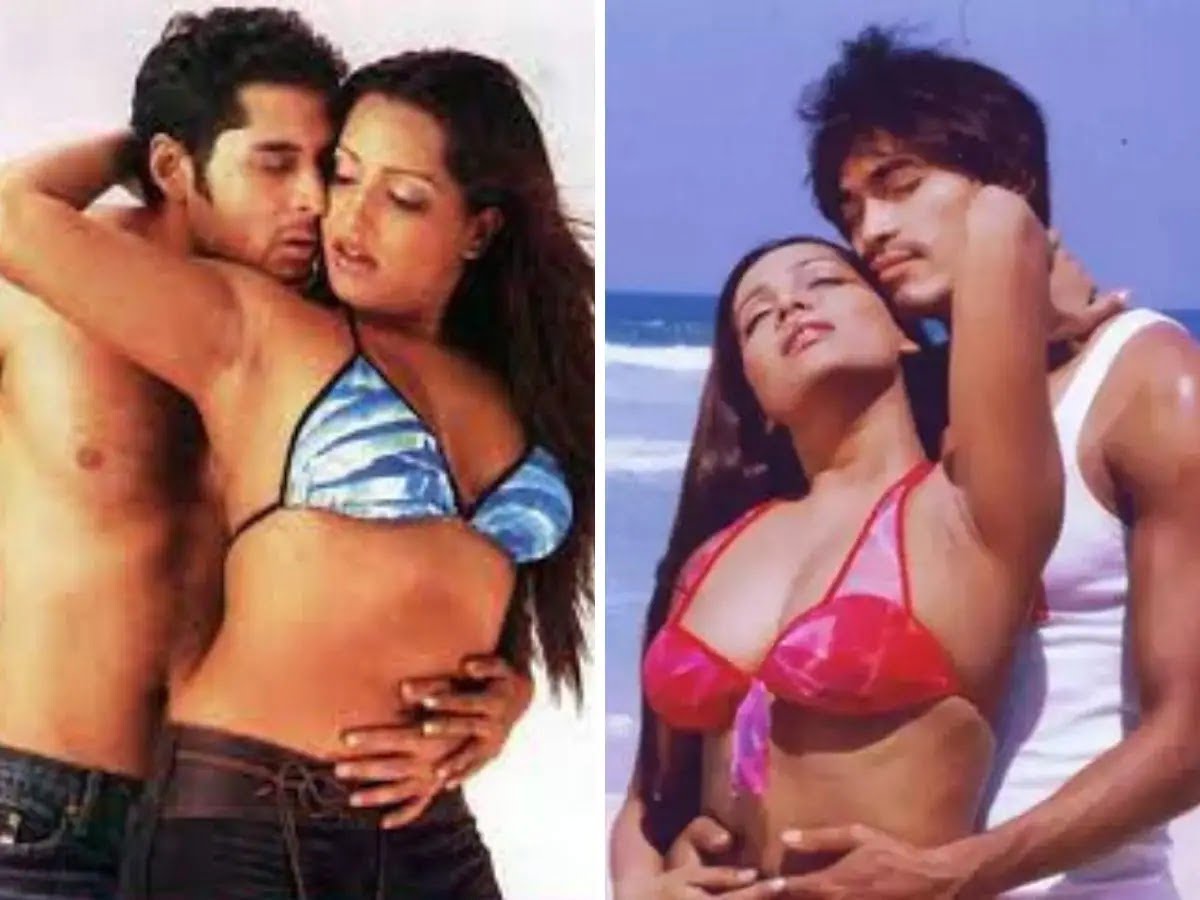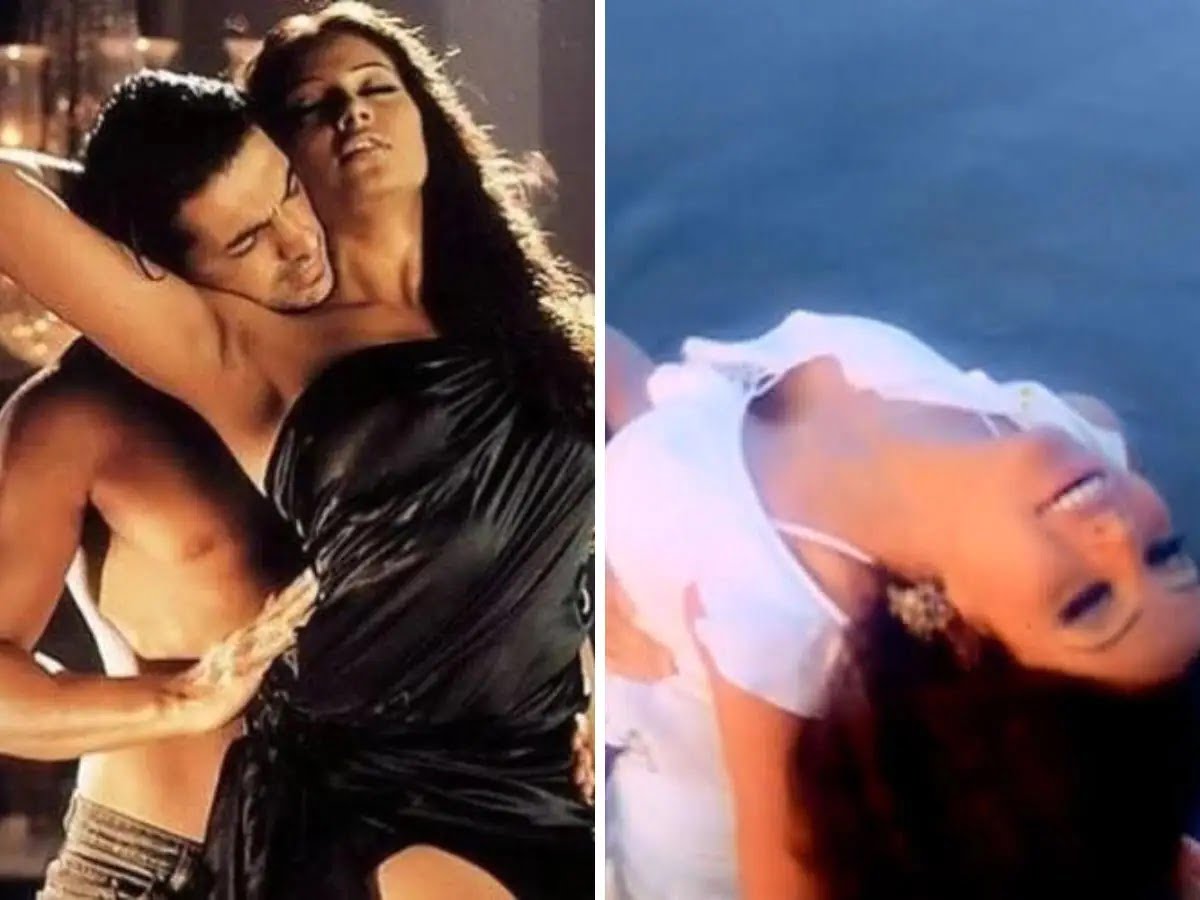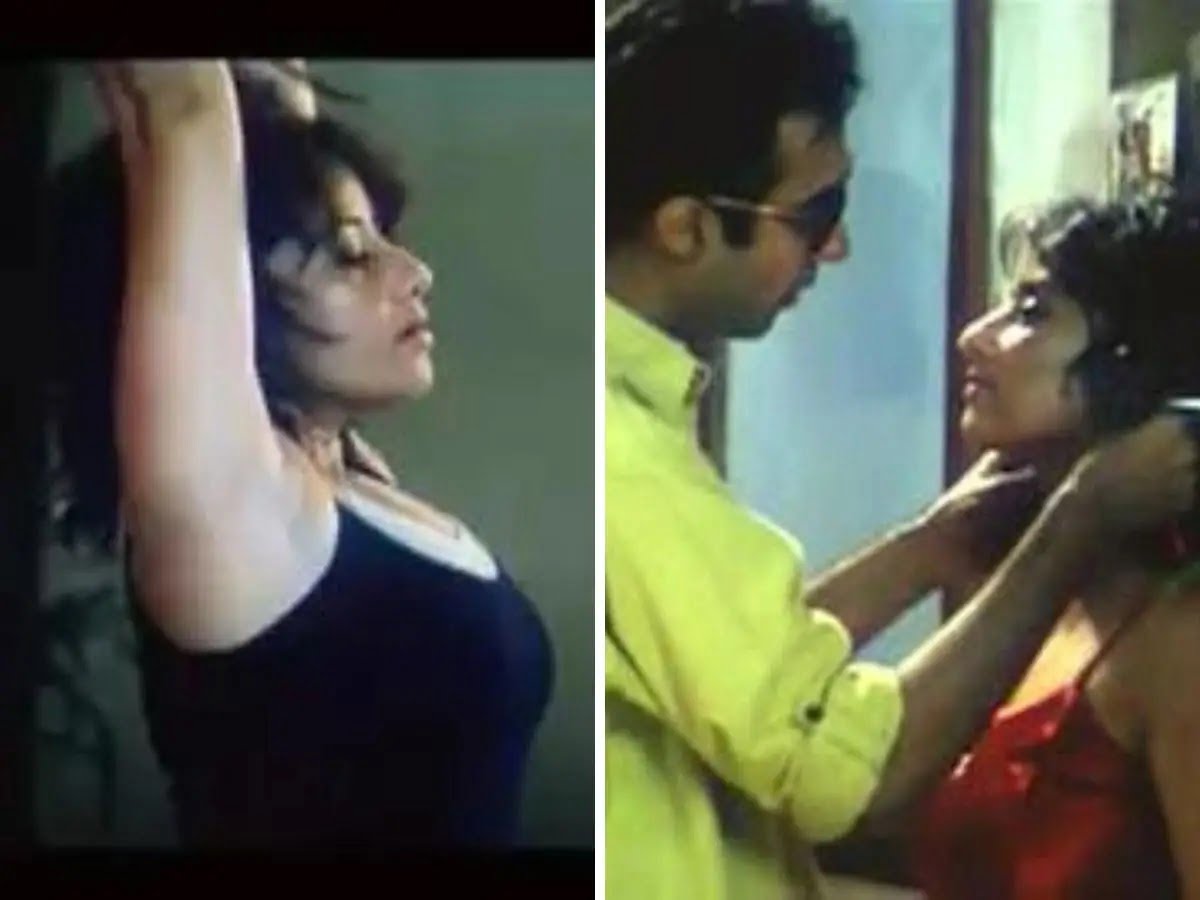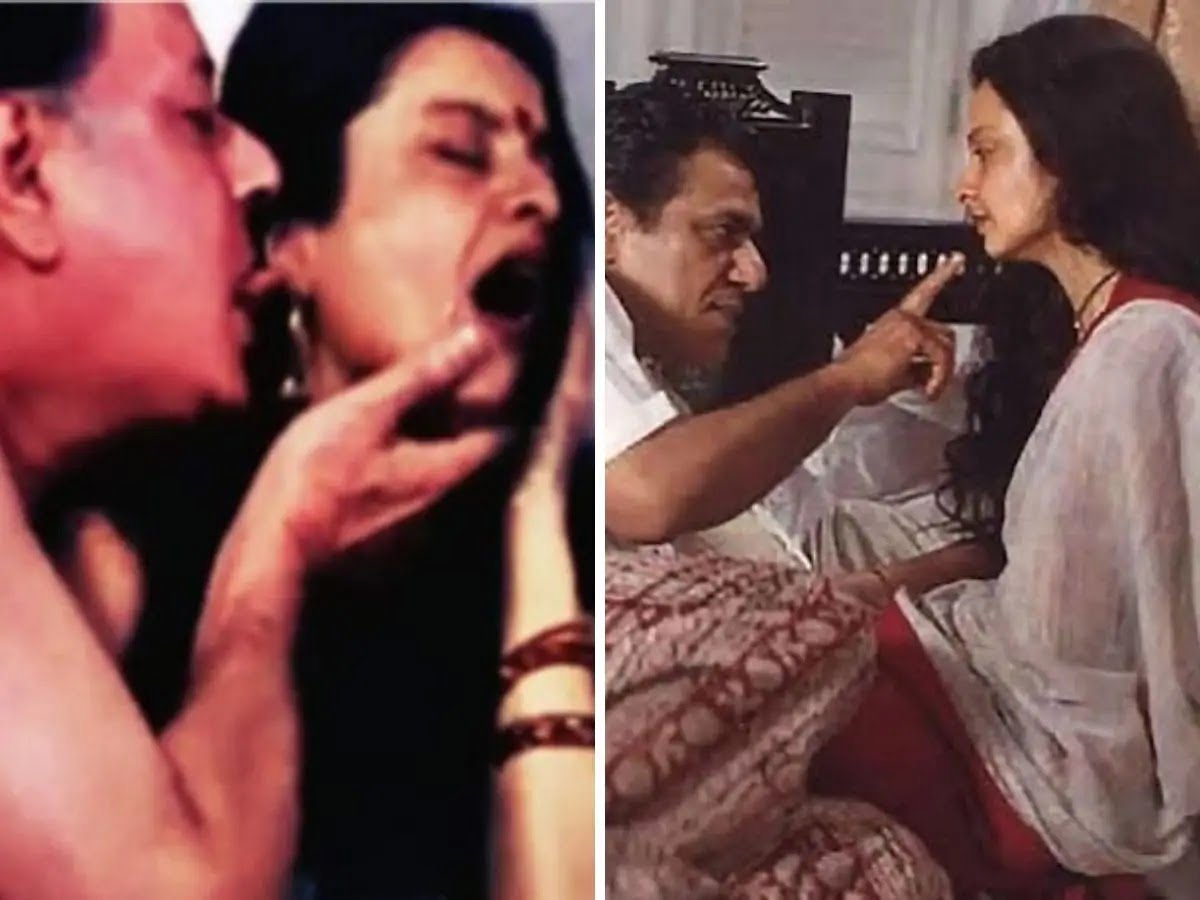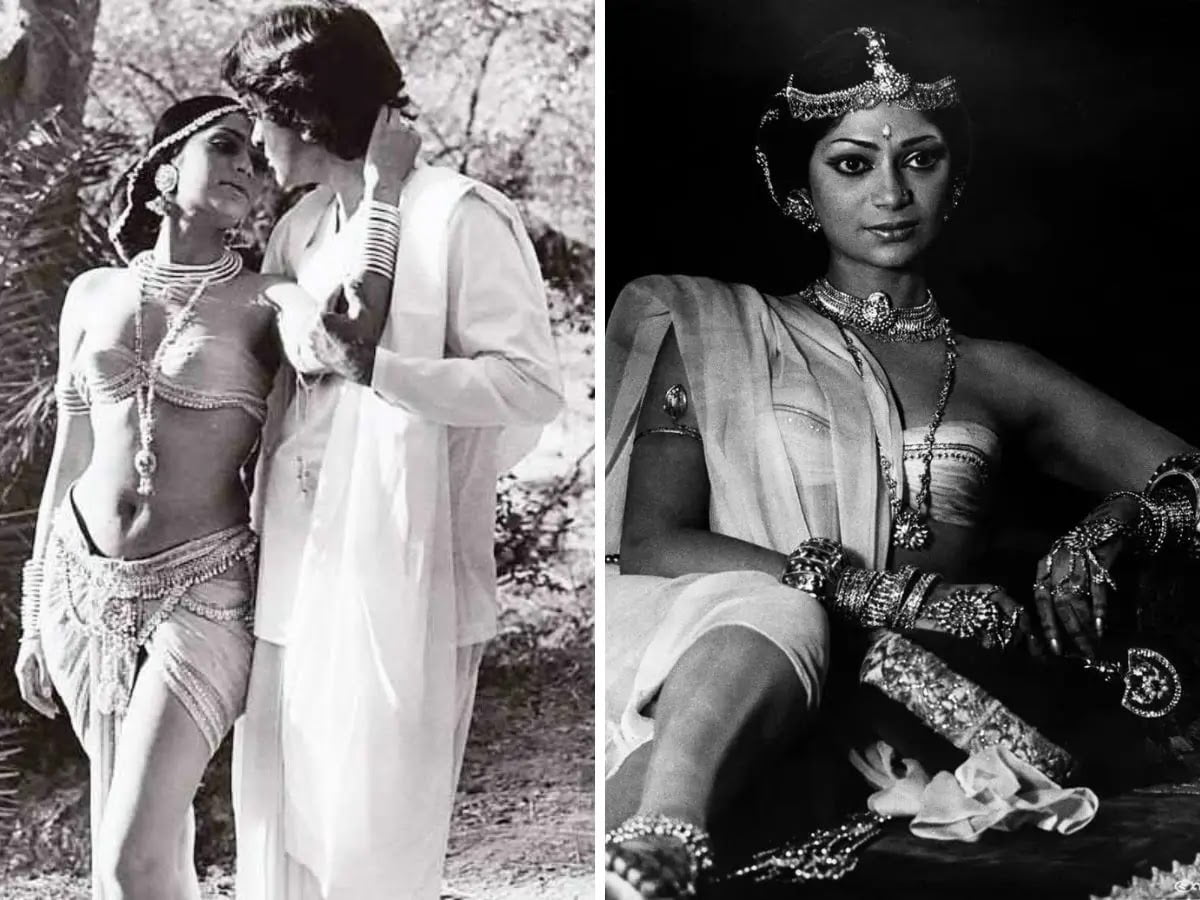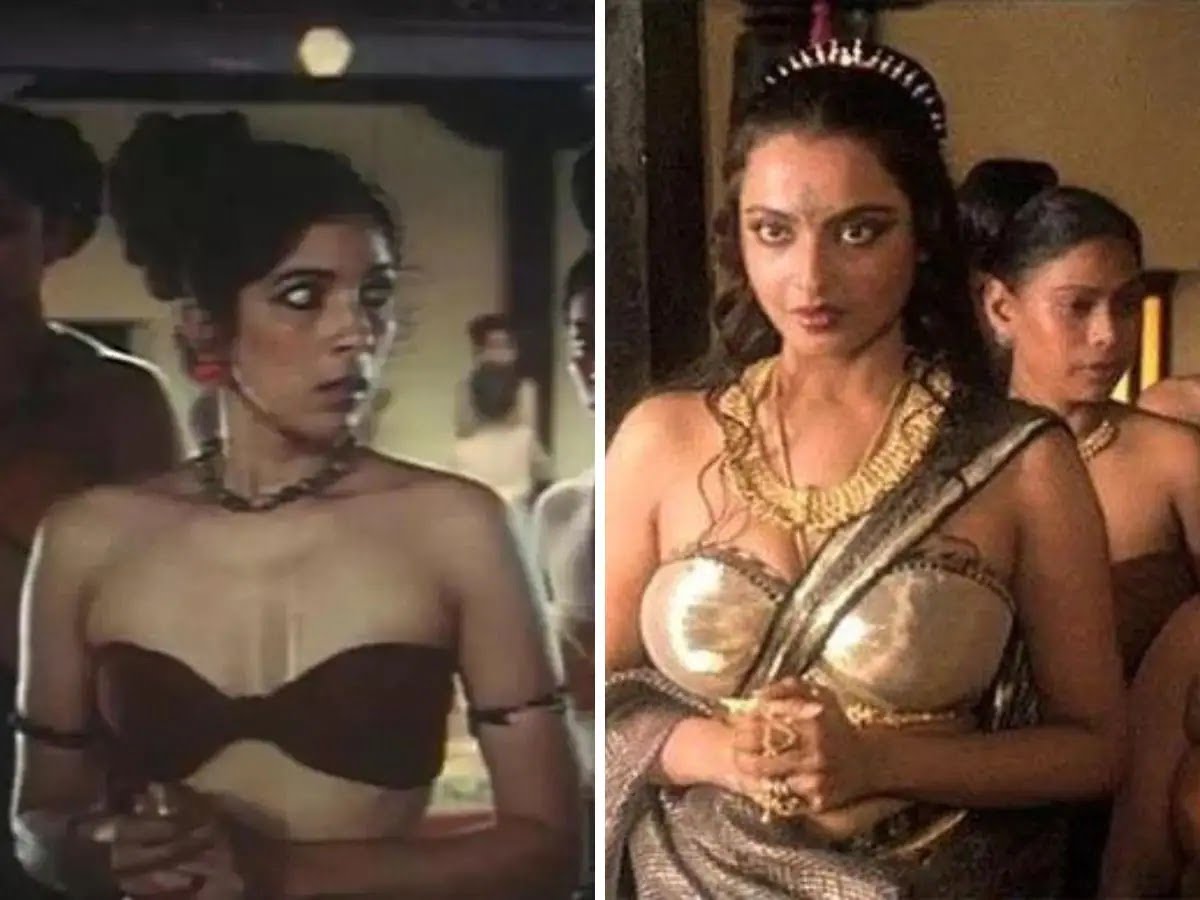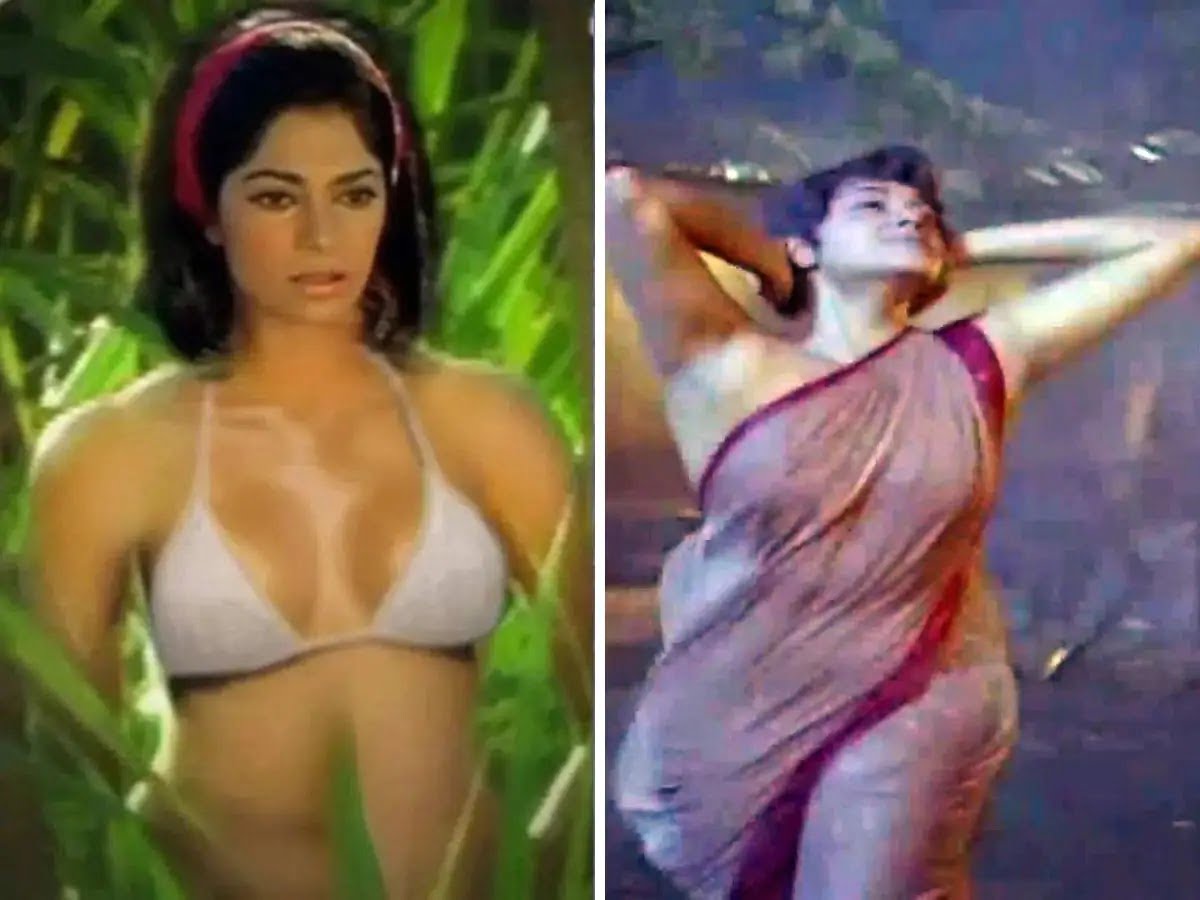20 Hot Adult Bollywood Movies that You Should Watch Alone
Hot Adult Bollywood Movies: Bollywood is one of the finest film industries in the world. Adult content in the Bollywood movies is a matter of discussion and controversial topic in the media. Talking about the current scenario, filmmakers have started making sensual bold contents to garner more public views.
In fact, in the name of “demand of script”, actresses too are not hesitant in doing love making scenes that are too much erotic.
List of Best Adult Bollywood films
In the recent past, there are many Bollywood films that are listed as “A” by CBFC and even censored dialogues and scenes from the films justifying them as inappropriate.
Despite that, there have been lots of Bollywood films that comes under the “Adult Bollywood Movies” category that are entirely focused on “A Certified Content”.
Top 20 Adult Bollywood movies that you must not miss
Kamasutra: A Tale of Love (1996)
One of the key themes in the film is how sensuality and eroticism are deeply ingrained in Indian culture. From elaborate dance performances to seductive poetry recitations, every aspect of life in this period was intertwined with sensual expressions. These scenes not only add to the aesthetic appeal of the film but also serve as a reminder of how deeply rooted these elements are within Indian society.
Hunterrr (2015)
The film revolves around Mandar (played by Gulshan Devaiah), a young man who is obsessed with women and their bodies. He starts off as a curious adolescent boy and gradually turns into a successful playboy in his adult life. However, his obsession with women remains intact throughout the course of the movie. Mandar’s character is one that evokes mixed emotions from the audience. On one hand, we see his charm and charisma that draws women towards him; on the other hand, we also witness his selfishness and lack of accountability for his actions. He is not portrayed as a glorified hero but rather as a flawed human being who struggles with his own demons.
Mastram (2014)
Mastram (2014) was a Hindi fictional biopic that stirred up quite a bit of controversy upon its release. The movie is based on the life of a pornographic writer named Rajaram who goes by the pen name “Mastram”. It explores his journey as a successful and popular writer in the 1980s, while also delving into the explicit sexual content that he wrote about. However, this portrayal of sexual content did not sit well with everyone, leading to several controversies and legal battles.
B.A. Pass (2013)
When B.A. Pass was released in 2013, it caused quite a stir in the Indian film industry. Directed by Ajay Bahl and produced by Narendra Singh, this neonoir thriller with its bold and unconventional storyline took the audience by surprise. And while the film received critical acclaim, it also faced its fair share of controversies. Let’s delve into the reception of B.A. Pass and explore some of its controversies. Firstly, let’s talk about the reception of the film. As mentioned earlier, B.A. Pass received positive reviews from critics and audiences alike. The story follows the journey of a young man, Mukesh (played by Shadab Kamal), who gets seduced by an older woman, Sarika (played by Shilpa Shukla). The film explores themes of lust, betrayal, and power dynamics through their relationship.
Nasha (2013)
Released on July 26, Nasha was met with a lot of buzz and excitement due to its bold subject matter. The film follows the story of a teenage boy who falls in love with his teacher and their illicit affair. With themes of love, lust, and infidelity at its core, Nasha certainly pushed boundaries and caused quite a stir among viewers. Let’s start by talking about the reception of the film. Nasha received mixed reviews from critics, with some praising it for its boldness and others criticizing it for its lack of depth and originality. However, regardless of the critical response, one thing can’t be denied Nasha definitely grabbed people’s attention.
Jism 2 (2012)
Jism 2 faced backlash even before its release for casting adult film star Sunny Leone as the lead actress. The Indian audience, known for their conservative views, could not come to terms with the fact that a former adult film actress would be featuring in a mainstream Bollywood movie. Many raised questions about her ability to act and whether she was the right choice for the role. The controversy surrounding Sunny Leone’s casting intensified when religious groups protested against the release of the film. They claimed that it promoted obscenity and went against Indian culture and values. The uproar led to several petitions being filed against the film’s release and even caused delays in its screening in some states.
Hate Story (2012)
This Bollywood erotic thriller directed by Vivek Agnihotri captivated audiences with its gripping storyline and well developed characters. So let’s dive in and take a closer look at the main players in this intense drama. First up, we have Kaavya Krishna (played by Paoli Dam), a young and ambitious journalist who is determined to make it big in her career. She is an independent and strong-willed woman who stands up for herself and doesn’t shy away from speaking her mind. However, her life takes a drastic turn when she is betrayed by someone she trusts and seeks revenge through her seductive tactics. As the protagonist of Hate Story, Kaavya’s character goes through a transformation from a naïve girl to a vengeful woman on a mission.
The Dirty Picture (2011)
When “The Dirty Picture” released in theaters back in 2011, it caused quite a stir in the Indian film industry. The biographical drama about the life of South Indian actress Silk Smitha received critical acclaim for its bold portrayal of a woman’s rise and fall in the male dominated world of cinema. However, it also sparked several controversies, especially regarding its sexual and provocative content. The movie was heavily criticized by some sections of society for its bold and explicit scenes. The Central Board of Film Certification (CBFC) initially refused to certify the film, citing concerns over its content. This decision faced backlash from the filmmakers and lead actress Vidya Balan, who argued that the film was a realistic portrayal of Silk Smitha’s life and struggles.
Love Sex Aur Dhokha (2010)
Love Sex Aur Dhokha, released in 2010, is a film that sparked many controversies and received mixed critical reception. While it may not have been a commercial success, it definitely made an impact with its bold and unconventional storytelling. In this section, we will delve into some of the controversial scenes and themes explored in the film and how they were received by critics and audiences. One of the biggest controversies surrounding Love Sex Aur Dhokha was its title. The use of words like “love”, “sex” and “dhokha” (meaning betrayal) in the same sentence raised a lot of eyebrows. Many felt that it was too provocative and went against Indian cultural norms. Director Dibakar Banerjee defended his choice saying that the film is about love, sex, and betrayal which are all universal themes that people can relate to.
Sins (2005)
The film Sins (2005) is not just known for its controversial storyline but also for its exceptionally talented cast. Starring Shiney Ahuja, Seema Rahmani, and Vinod Pande, the film follows the story of a Catholic priest who gets involved in an illicit relationship with a young girl. The performances of these actors were vital in bringing this powerful and thought-provoking story to life. Firstly, let’s talk about the lead actor of Sins (2005), Shiney Ahuja. Known for his intense and versatile acting skills, Ahuja delivered a remarkable performance as Father William. He perfectly embodied the inner turmoil and conflict of his character, making it hard for viewers to take sides in this controversial love triangle. Next up is Seema Rahmani, who played the role of Susanna, a young woman seeking love and acceptance. Rahmani’s convincing portrayal of Susanna’s transformation from innocence to guilt was commendable. She effectively portrayed the complexities of her character and made audiences sympathize with her struggles.
Girlfriend (2004)
When it comes to any film, the cast and characters play a crucial role in bringing the story to life. The Bollywood film “Girlfriend” (2004) is no exception, with lead characters Tanya and Sapna played by Isha Koppikar and Amrita Arora respectively. Tanya, portrayed by Isha Koppikar, is the titular girlfriend of Sapna’s boyfriend Karan (played by Aashish Chaudhary). She is a confident and ambitious woman who doesn’t shy away from speaking her mind. Despite her glamorous lifestyle, Tanya is also shown as someone who values relationships and has a soft spot for Karan’s sister Sapna. Through her character, Isha Koppikar portrays a strong and independent modern-day woman who breaks societal norms. On the other hand, Amrita Arora’s character Sapna is shown as an innocent and naïve girl who falls for Karan without realizing his true intentions. As the story unfolds, we see Sapna’s transformation from a lovestruck girl to a strong-willed individual who stands up for herself. Amrita Arora delivers a commendable performance as she captures the vulnerability and growth of her character beautifully.
Hawas (2004)
Released in 2004, Hawas tells the story of a young and ambitious woman named Sanjana (played by Meghna Naidu). She is married to a successful businessman but feels unfulfilled in her marriage due to her husband’s lack of attention towards her. As she struggles to find satisfaction in her relationship, she encounters a seductive stranger named Raj (played by Shawar Ali), who awakens her desires like never before. As the story unfolds, we see Sanjana being torn between her duty as a wife and her newfound passion for Raj. The movie takes us on a journey through intense emotions such as love, lust, jealousy, betrayal, and ultimately self-discovery.
Julie (2004)
For those unfamiliar with Julie (2004), it is a Hindi language film directed by Deepak Shivdasani. The movie follows the story of a young girl named Julie (played by Neha Dhupia) who is forced into the world of prostitution after being abandoned by her lover. The film not only deals with the harsh reality of sex work but also explores themes of love, betrayal, and redemption. One of the major criticisms that Julie faced was for its overtly sexual content. From the very beginning, it showcases explicit scenes and dialogues which were deemed inappropriate for Indian cinema at that time. The film faced backlash from various religious groups and critics for being too bold and provocative. Many argued that such graphic depiction of sex on screen goes against Indian culture and values.
Murder (2004)
This is no different in the 2004 Bollywood film, Murder. Directed by Anurag Basu, this thriller follows the story of a young married couple, Simran and Sudhir, whose seemingly perfect marriage takes a dark turn when Simran falls for her charming and mysterious boss, Sunny. At its core, Murder is a story of love, lust, and betrayal. It explores the complex emotions that individuals go through when faced with difficult choices and consequences. With powerful performances by its lead actors Emraan Hashmi, Mallika Sherawat, and Ashmit Patel, Murder became a box office hit and continues to hold a special place in the hearts of Bollywood fans.
Jism (2003)
Jism (meaning ‘body’ in English) is a romantic thriller directed by Amit Saxena and written by Mahesh Bhatt. It stars Bipasha Basu and John Abraham in lead roles, with Gulshan Grover playing an important supporting role. The film was produced by Pooja Bhatt under the banner of Fish Eye Network Pvt Ltd. The story revolves around Sonia (Bipasha Basu), a beautiful young woman who lives alone on an island in Goa. Her life takes a dramatic turn when she meets Kabir (John Abraham), an aspiring millionaire who has come to Goa for business. Sparks fly between them from the very first meeting, and they soon embark on a passionate love affair.
Ek Chhoti Si Love Story (2002)
From the beginning, director Shashilal Nair had a clear vision for Ek Chhoti Si Love Story – to capture the innocence and vulnerability of teenage love. He wanted to break away from the typical Bollywood formula of extravagant sets and exaggerated emotions, and instead, portray a more relatable and authentic story that would resonate with the audience. Set in the bustling city of Mumbai, Ek Chhoti Si Love Story follows the story of 15yearold Aditya (Aditya Seal), who becomes infatuated with his neighbor Reena (Manisha Koirala) after seeing her undressing through his bedroom window. The storyline may sound controversial or even unsettling to some, but Nair handles it delicately and explores the complexities of young love without any sensationalism.
Aastha: In the Prison of Spring (1997)
Directed by the renowned filmmaker Basu Bhattacharya, Aastha: In the Prison of Spring (1997) is a thought-provoking film that explores the complex themes of human desires, morality, and societal pressure. The movie follows the story of Mansi (played by Rekha), a middleclass housewife who takes up prostitution to fulfill her materialistic desires. Her husband Amar (played by Om Puri) is initially unaware of her secret profession but as he discovers the truth, it puts their marriage and their moral beliefs to test. One of the key highlights of this film is its realistic portrayal of the characters and their struggles. Basu Bhattacharya beautifully captures Mansi’s inner conflict between her desire for a luxurious life and her guilt towards her actions. Rekha’s powerful performance adds depth to this character and makes it relatable for the audience.
Siddhartha (1972)
Released in 1972, “Siddhartha” is a Bollywood movie that tells the story of Siddhartha, a young Brahmin who embarks on a spiritual journey to find enlightenment. The film follows Siddhartha as he leaves his wealthy family in search of answers to life’s biggest questions. Throughout his journey, he encounters various people and experiences different aspects of life that shape his understanding of the world. One of the most intriguing aspects of this film is its setting. The movie was shot entirely on location in Northern India, giving viewers a glimpse into the beautiful landscapes and cultural traditions of the region. From majestic mountains to bustling cities, the film captures all elements that make India so unique.
Utsav (1984)
The Bollywood movie industry has always been known for its glitz and glamour, but it is not without its controversies. One such movie that was embroiled in controversy upon its release was Utsav (1984). Set in ancient India, the film depicted sensuality and explored themes of love and desire. While it was celebrated by some as a work of art, others deemed it to be offensive and controversial. The movie’s setting in ancient India also caused controversy as it challenged traditional beliefs and customs. The portrayal of courtesans and their relationships with men outside marriage were considered taboo topics at that time. It sparked debates about morality and culture, with some accusing the film of promoting promiscuity.
Mera Naam Joker (1970)
One of the most striking representations of male sexuality in the film is through Raju’s character. Raju, played by Raj Kapoor himself, oozes with hypermasculinity traits he is strong, confident, and exudes a charm that makes women swoon. He is depicted as a ladies’ man who enjoys casual flings without any strings attached. This highlights the societal expectation for men to be sexually promiscuous and reinforces toxic masculinity. On the other hand, female characters in the film are often objectified through their dance performances. They are shown as mere objects of desire for men’s pleasure, with their movements and costumes only serving to titillate the male characters. This objectification further reinforces patriarchal power dynamics between men and women in romantic relationships.
Check out CineCelebrity: Bollywood News, Wiki of Celebrities, Photos for more updates





